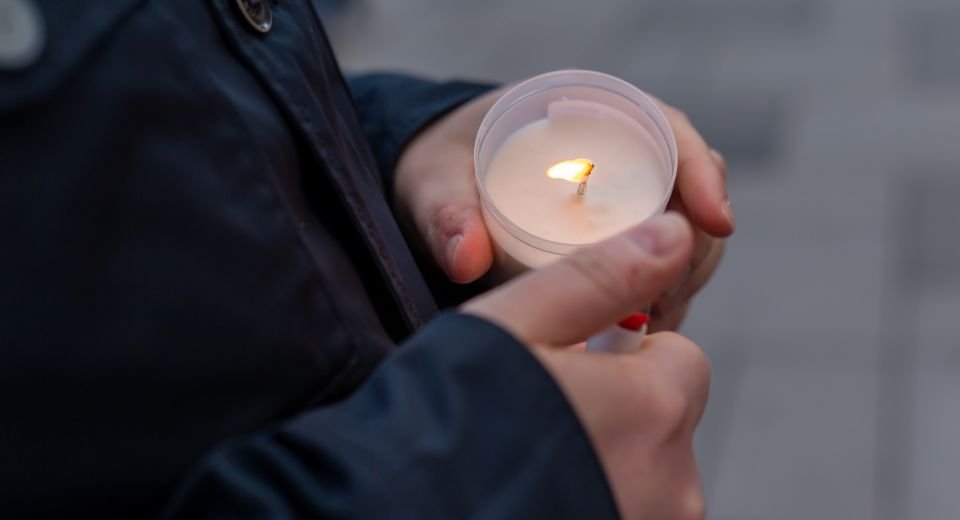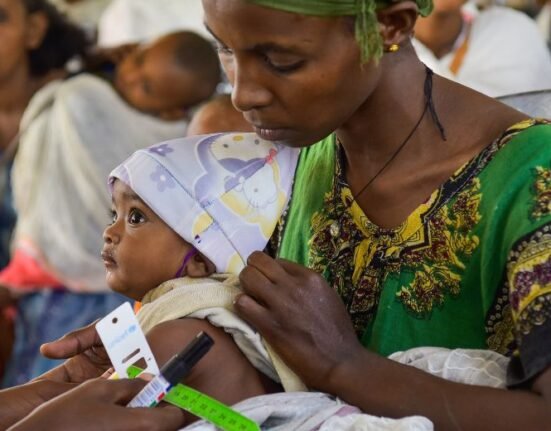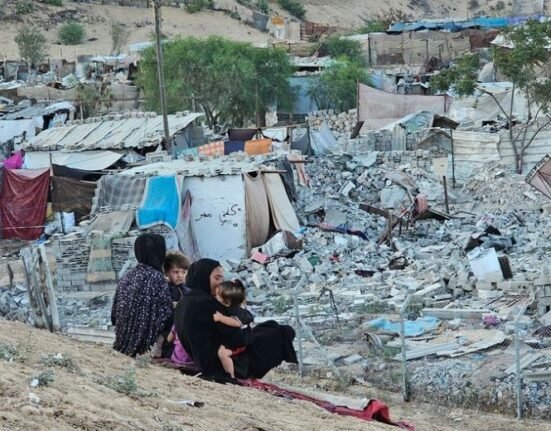HQ Team
February 16, 2023: The UN has appealed for $5.6 billion in aid to help Ukrainians trapped inside the county and refugees in host nations, as massive destruction in the south and east has erased towns from the map.
Since Russian battlegroups crossed the border on February 24, 2022, civilian infrastructure in Ukraine has continued to come under constant attack, leaving nurseries “flattened and old people living in cellars because of the danger of bombing.”
“I think we’re becoming a little used to this,” UNHCR High Commissioner Filippo Grandi said, warning against complacency about what is happening in Ukraine.” We shouldn’t because it’s quite appalling what the Russian invasion is doing to the country.”
The UN’s Emergency Relief Coordinator, Martin Griffiths, said the situation for many in Ukraine remains desperate amid “relentless” shelling of civilian targets and infrastructure.
Mr Griffiths, who heads the UN Office for the Coordination of Humanitarian Affairs, said $3.9 billion was needed to help 1.1 million people in humanitarian assistance inside Ukraine.
Refugees in 10 nations
The UN refugee agency, UNHCR, is also seeking $1.7 billion to help Ukrainian refugees in 10 host countries: Bulgaria, Czech Republic, Estonia, Hungary, Latvia, Lithuania, Moldova, Poland, Romania and Slovakia.
“The Ukraine refugee crisis – displacement crisis – remains the largest in the world,” he said. “Almost six million estimated internally displaced people. Plus, you know, the refugees in Europe are close to five million now, 4.8 million,” Mr Grandi said.
“But we know that there’s many more that have not.”
UN estimated that more than 7,000 civilians were killed in Ukraine last year, with 12,000 injured. “This is almost certainly a low estimate,” Mr Griffiths said.
More than 21.3 million tonnes of corn, wheat, oil and other comestibles have been shipped across the Black Sea as part of the Black Sea Grain Initiative.
The UN wants the initiative to continue. “We don’t need it stopped in the middle of March, and I hope – I hope and believe – that it will be extended. And that is because it is an obvious case for international humanitarian security,” Mr Griffiths said.
Daily shelling
On Tuesday, UN country team staff had travelled from Dnipro in six pre-loaded trucks to the eastern Donetsk region, some 200 kilometres away, to provide aid for two villages caught up in “the worst of those war zones.
“People are under daily shelling, daily attacks, homes bombed, cold, electricity problems.”
Inside Ukraine, the UN migration agency, International Organisation for Migration, said that the scale of destruction in the south and east has been massive – so much so that one senior UN humanitarian worker with the agency said that some towns “don’t exist anymore.”
“In frontline locations, the conflict is getting worse with increased fighting on a day-to-day basis,” the IOM worker said. “So, people have to stay in the basements in shelters where it’s cold. There’s no electricity in these frontline locations.”
IOM Area Manager Johannes Fromholt said some locations were “filled with military personnel, military equipment.” For those unable to leave, the situation remains dire.








